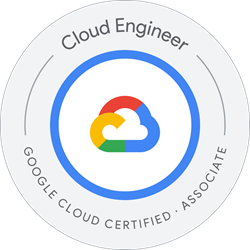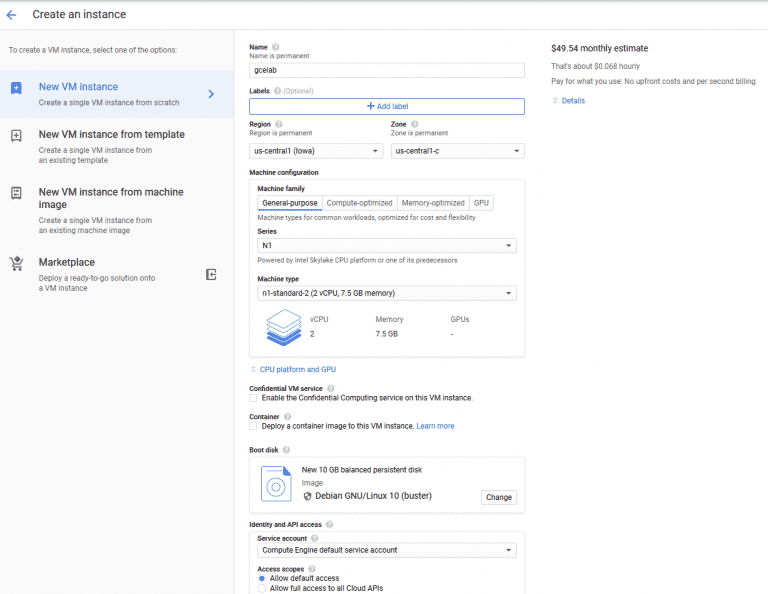Logging, Monitoring and Observability in Google Cloud

The Logging, Monitoring, and Observability in Google Cloud course is an intensive three-day training program that provides participants with advanced technical skills to monitor, troubleshoot, and improve the performance of infrastructure and applications in Google Cloud. Guided by the principles of Site Reliability Engineering (SRE), participants will have the opportunity to experience full-stack monitoring, real-time log management and analysis, debugging code in production, identifying application performance bottlenecks, and profiling CPU and memory usage. The cCourse also covers planning and implementing a well-architected logging and monitoring infrastructure, defining Service Level Indicators (SLIs) and Service Level Objectives (SLOs), and analyzing and exporting Google Cloud audit logs. The course helps prepare for the Google Cloud Engineer Associate and Google Cloud Architect Professional certification exam
Course Objectives
Below is a summary of the main objectives of the Logging, Monitoring and Observability in Google Cloud Course :
- Gain skills in full-stack monitoring and log management.
- Learn to debug code in a production environment.
- Identify and resolve performance bottlenecks.
- CPU and memory usage profiling.
- Planning logging and monitoring infrastructure and defining SLIs and SLOs.
- Implement Google Cloud’s tools for logging and monitoring.
- Set up alerts and notifications for critical issues.
- Analyze logs and metrics to improve system reliability and performance.
Course Certification
This course helps you prepare to take the:
Google Cloud Certified Associate Cloud Engineer Exam;
Course Outline
Module 1: Introduction to Google Cloud Monitoring Tools
- Understand the purpose and capabilities of Google Cloud operations-focused components: Logging, Monitoring, Error Reporting, and Service Monitoring.
- Understand the purpose and capabilities of Google Cloud application performance management focused components: Debugger, Trace, and Profiler.
Module 2: Avoiding Customer Pain
- Construct a monitoring base on the four golden signals: latency, traffic, errors, and saturation.
- Measure customer pain with SLIs.
- Define critical performance measures.
- Create and use SLOs and SLAs.
- Achieve developer and operation harmony with error budgets.
Module 3: Alerting Policies
- Develop alerting strategies.
- Define alerting policies.
- Add notification channels.
- Identify types of alerts and common uses for each.
- Construct and alert on resource groups.
- Manage alerting policies programmatically.
Module 4: Monitoring Critical Systems
- Choose best practice monitoring project architectures.
- Differentiate Cloud IAM roles for monitoring.
- Use the default dashboards appropriately.
- Build custom dashboards to show resource consumption and application load.
- Define uptime checks to track aliveness and latency.
Module 5: Configuring Google Cloud Services for Observability
- Integrate logging and monitoring agents into Compute Engine VMs and images.
- Enable and utilize Kubernetes Monitoring.
- Extend and clarify Kubernetes monitoring with Prometheus.
- Expose custom metrics through code, and with the help of OpenCensus.
Module 6: Advanced Logging and Analysis
- Identify and choose among resource tagging approaches.
- Define log sinks (inclusion filters) and exclusion filters.
- Create metrics based on logs.
- Define custom metrics.
- Link application errors to Logging using Error Reporting.
- Export logs to BigQuery.
Module 7: Monitoring Network Security and Audit Logs
- Collect and analyze VPC Flow logs and Firewall Rules logs.
- Enable and monitor Packet Mirroring.
- Explain the capabilities of Network Intelligence Center.
- Use Admin Activity audit logs to track changes to the configuration or metadata of resources.
- Use Data Access audit logs to track accesses or changes to user-provided resource data.
- Use System Event audit logs to track GCP administrative actions.
Module 8: Managing Incidents
- Define incident management roles and communication channels.
- Mitigate incident impact.
- Troubleshoot root causes.
- Resolve incidents.
- Document incidents in a post-mortem process.
Module 9: Investigating Application Performance Issues
- Debug production code to correct code defects.
- Trace latency through layers of service interaction to eliminate performance bottlenecks.
- Profile and identify resource-intensive functions in an application.
Module 10: Optimizing the Costs of Monitoring
- Analyze resource utilization cost for monitoring related components within Google Cloud.
- Implement best practices for controlling the cost of monitoring within Google Cloud.
Course Mode
Instructor-Led Remote Live Classroom Training;
Trainers
Trainers are GCP Official Instructors and certified in other IT technologies, with years of hands-on experience in the industry and in Training.
Lab Topology
For all types of delivery, the Trainee can access real Cisco equipment and systems in our laboratories or directly at the Cisco data centers remotely 24 hours a day. Each participant has access to implement the various configurations thus having a practical and immediate feedback of the theoretical concepts.
Here are some Labs topologies available:

Course Details
Course Prerequisites
Basic understanding of cloud computing concepts, familiarity with IT infrastructure, and some experience with Google Cloud Platform or another cloud provider..
Course Duration
Intensive duration 2 days
Course Frequency
Course Duration: 2 days (9.00 to 17.00) - Ask for other types of attendance.
Course Date
- Logging, Monitoring and Observability in Google Cloud Course (Intensive Formula) – On request – 09:00 – 17:00
Steps to Enroll
Registration takes place by asking to be contacted from the following link, or by contacting the office at the international number +355 45 301 313 or by sending a request to the email info@hadartraining.com



